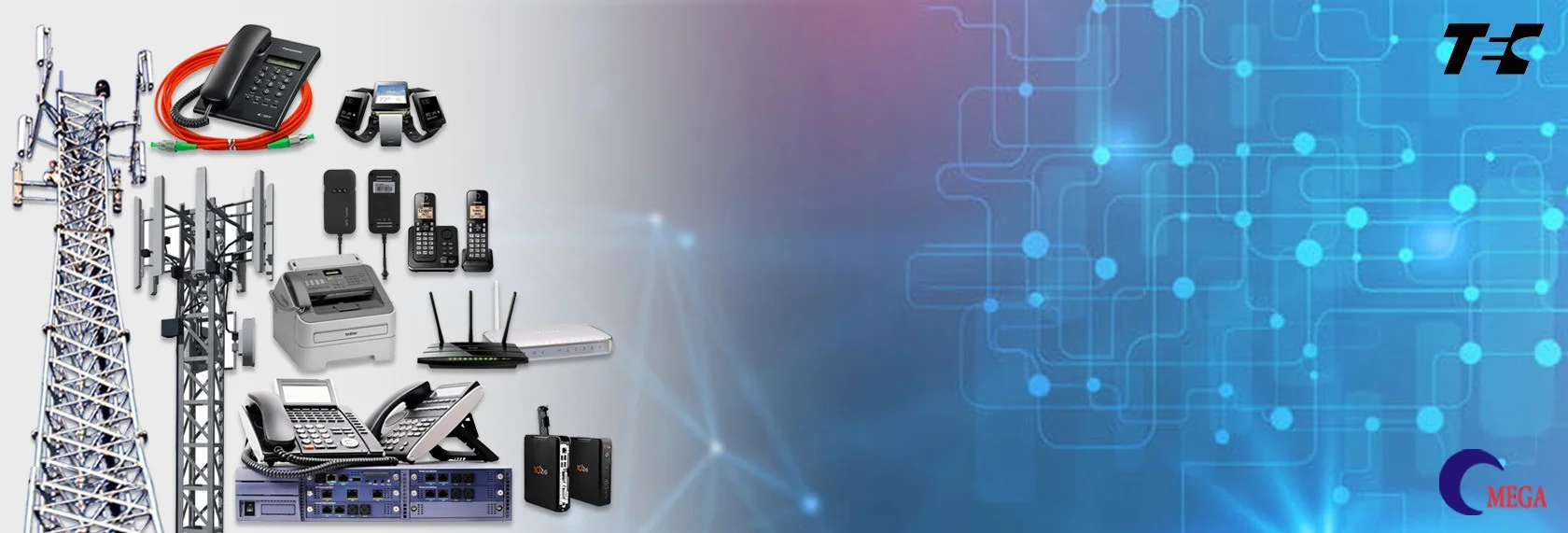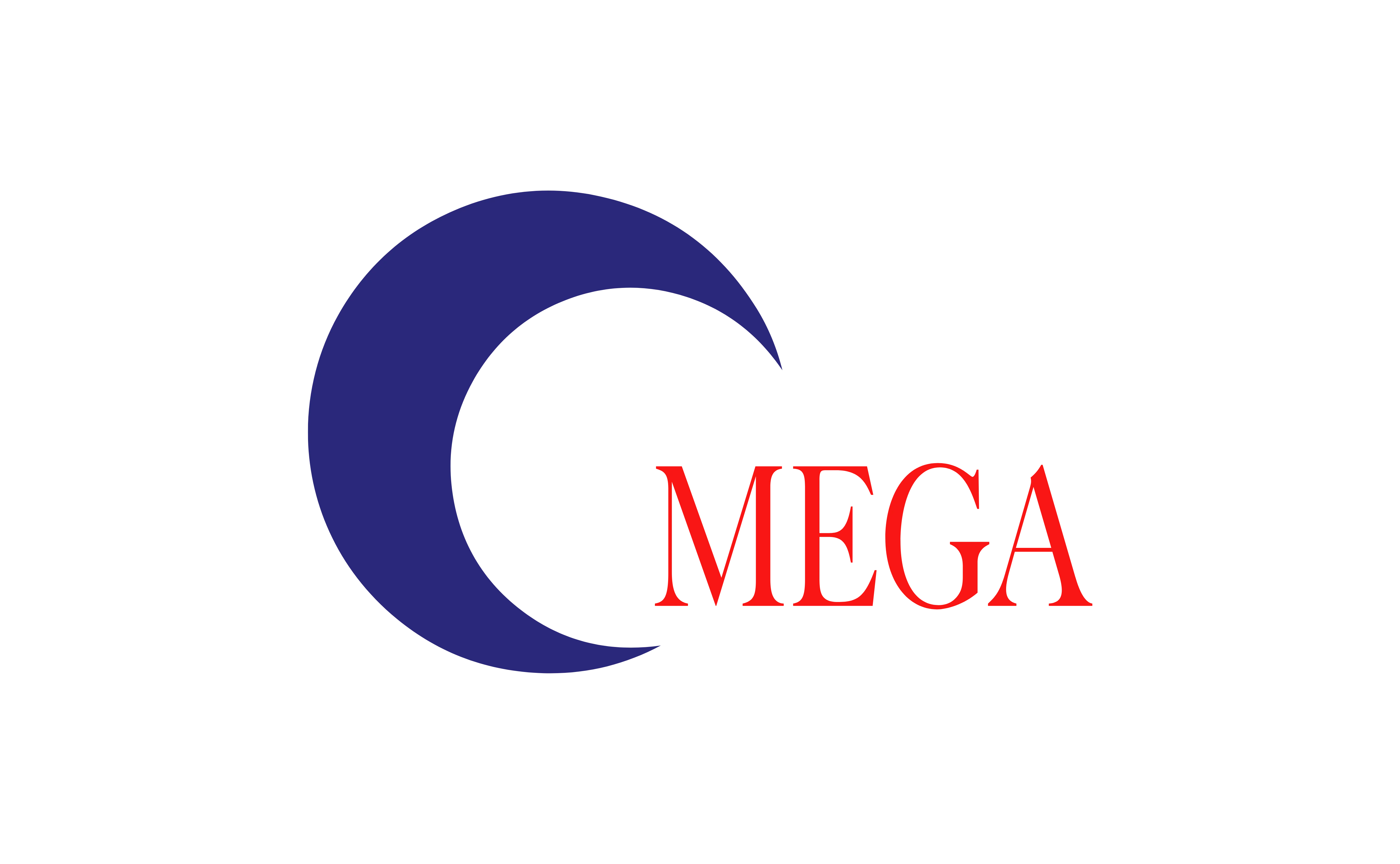ETA Equipment Type Approval

"Opportunity doesn't knock, it rings"
Equipment Type Approval (ETA) Certification
The Indian Telegraph (Amendment) Rules, 2017, provides that every telecom equipment must undergo mandatory testing and certification prior to sale, import or use in India.
Testing Requirements
Testing is carried out for conformance to:
- Safety standards
- EMI/EMC compliance
- Essential Technical Requirements
Our Expertise
We are the first-of-the-block to start providing this service in India and are well-equipped for complete end-to-end solution for TEC Type Approvals, including testing as per TEC Regulations and type approvals.
MTCTE Registration
TEC commenced granting Registration under the Mandatory Testing & Certification of Telecom Equipment (MTCTE) from 01-10-2019. We provide complete support for this registration process.
